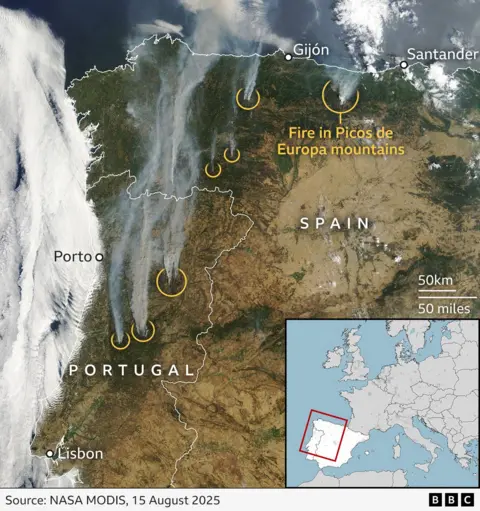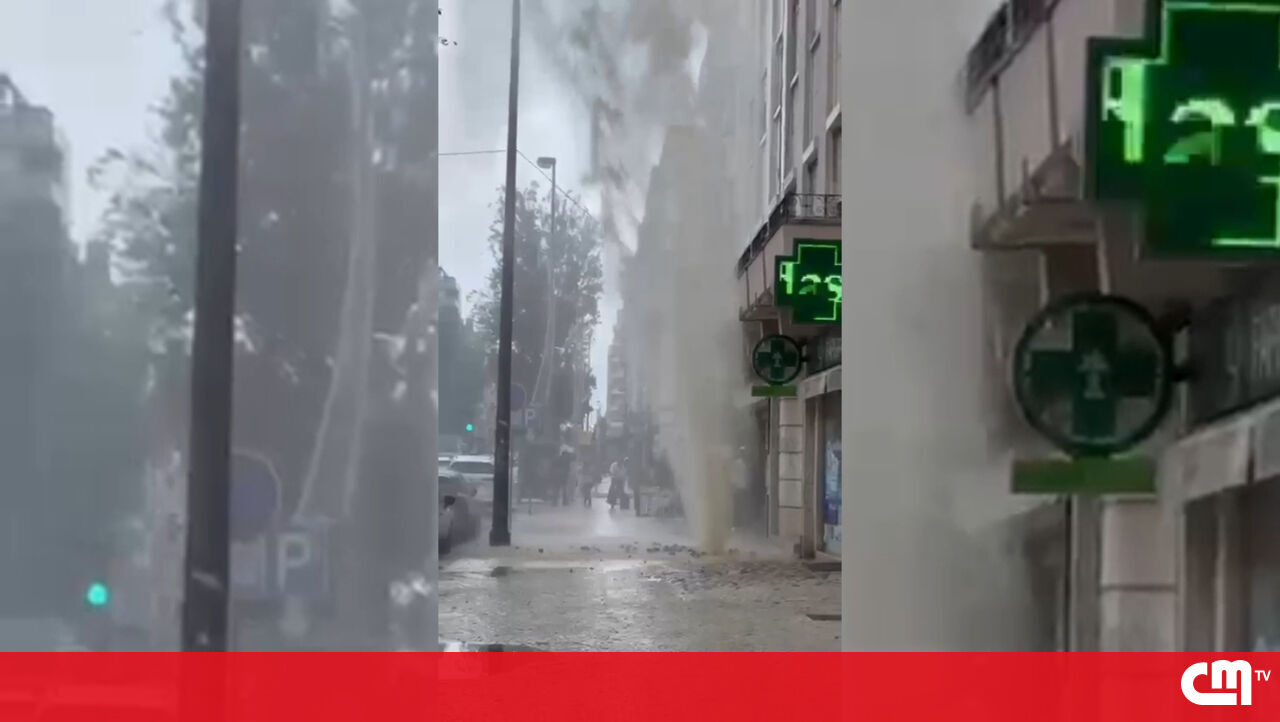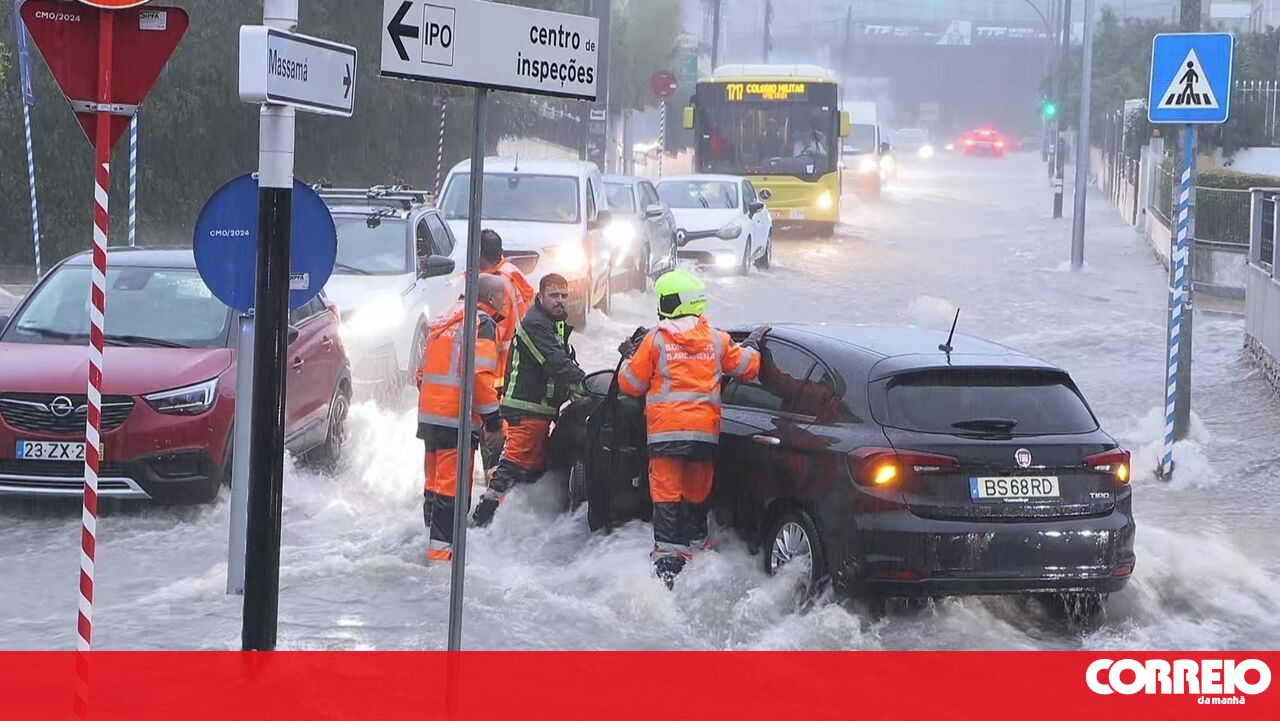Spain and Portugal Wildfires Drive Worst EU Season on Record
Unprecedented wildfires have scorched southern Europe, with new research pointing to climate change as a major culprit. A record one million hectares—equivalent to about half the land area of Wales—have burned across the European Union so far this year, marking the worst wildfire season since records began in 2006.
Spain and Portugal have been hit especially hard, with roughly 1% of the entire Iberian Peninsula affected. More than two-thirds of the burned area in the EU is concentrated in these two countries alone. In Spain, over 400,000 hectares have been destroyed since the start of the year, which is more than six times the average for this period. Portugal has suffered a record burn area of 270,000 hectares—almost five times the average.
 Unprecedented wildfires have scarred northern Spain in recent weeks
Unprecedented wildfires have scarred northern Spain in recent weeks
Fires have been concentrated in forested areas of northern Portugal and Spain's northwestern regions, including Galicia, Asturias, and Castile and León. Protected areas like Picos de Europa National Park have been impacted, and major routes on the Camino de Santiago pilgrimage network, which typically attracts over 100,000 visitors in summer, have been affected. This has triggered the largest known deployment of the EU civil protection mechanism's firefighting force.
Smoke from the fires has dramatically decreased air quality, with southerly winds carrying it as far as France and the UK. Climate change is making conditions for wildfires more likely, but in a vicious cycle, the fires also release massive amounts of carbon dioxide (CO2) into the atmosphere. CO2 emissions from fires in Spain this year have reached a record 17.68 million tonnes—more than the total annual emissions of Croatia in 2023.
 Satellite image shows smoke from multiple wildfires in Portugal and northwest Spain
Satellite image shows smoke from multiple wildfires in Portugal and northwest Spain
A study by the World Weather Attribution group at Imperial College London links the worsening fire season directly to climate change, with human-caused warming making fire-prone conditions in regions like Turkey, Greece, and Cyprus about 10 times more likely. Experts warn that continued burning of fossil fuels will lead to more extreme fires, pushing firefighters to their limits.
Rural depopulation in Southern and Eastern Europe is also contributing to the intensity of wildfires. As young people move to cities for better employment, once-managed agricultural land is abandoned, becoming overgrown and increasing flammable vegetation.
Fire-Hardy Ecosystems Struggling to Cope
Fires have always been a natural part of Mediterranean ecosystems, with species like the Iberian hare benefiting from opened habitats and cork oaks quickly colonizing burned areas. Traditional management techniques, such as prescribed burning, have helped control yearly fires, and regrowth typically offsets carbon emissions.
However, modern wildfires are larger, more frequent, and more severe. When forests cannot regrow quickly enough, they enter a climate feedback loop, where fires release more CO2, leading to further warming. This escalation poses threats to ecosystem stability, including soil erosion and water contamination from ashes.
Efforts to manage vegetation in high-risk areas, along with advances in fire detection and fighting, could help reduce future fire severity. But as Dr. Fredi Otto of Imperial College notes, stopping fossil fuel burning is urgent to prevent these lethal events.























Comments
Join Our Community
Sign up to share your thoughts, engage with others, and become part of our growing community.
No comments yet
Be the first to share your thoughts and start the conversation!